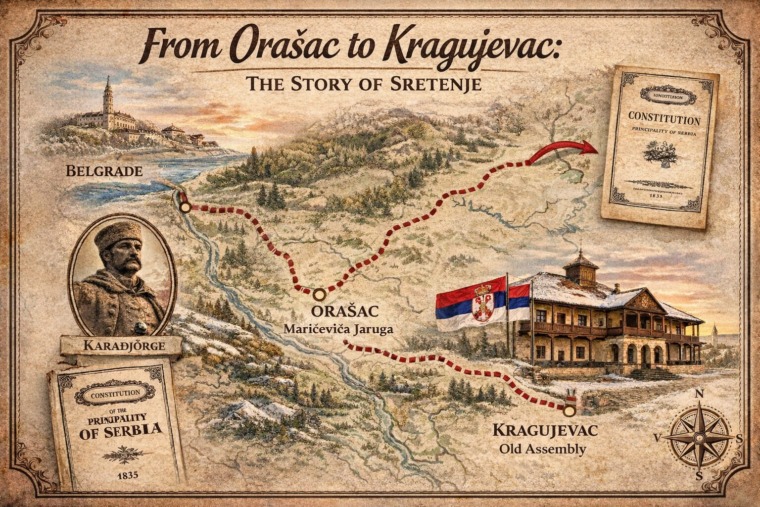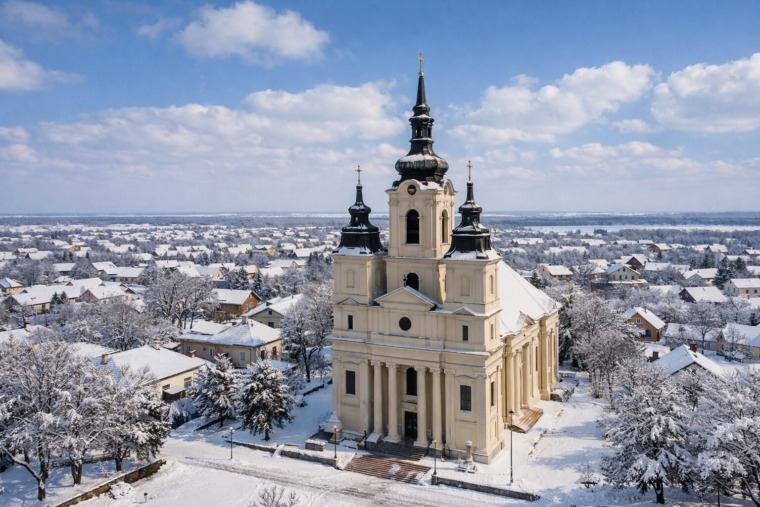
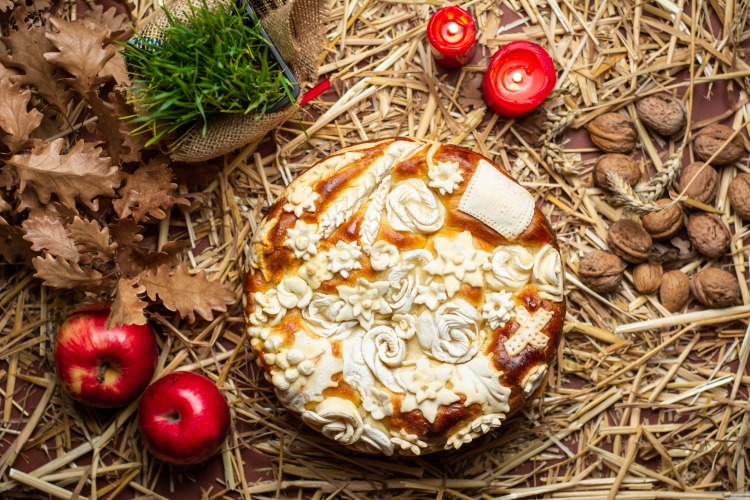
Christmas in Serbia, or Božić, is a deeply meaningful and festive occasion rooted in rich traditions and religious customs. Celebrated on January 7th, according to the Eastern Orthodox Church calendar, the Serbian Christmas is a time for family, faith, and reflection. While it falls later than Christmas celebrations in much of the Western world, its cultural significance is no less profound, marked by rituals that have been passed down for generations.
The Religious Significance of Božić
In Serbia, Božić is first and foremost a religious holiday, commemorating the birth of Jesus Christ. Orthodox Serbs observe Christmas with a focus on spiritual renewal, prayer, and church attendance. The holiday begins with a series of religious services, where families gather to attend the midnight liturgy or the early morning mass on Christmas Day. These services are filled with hymns, scripture readings, and the sacred chants of Orthodox liturgy, all centered around the nativity story.
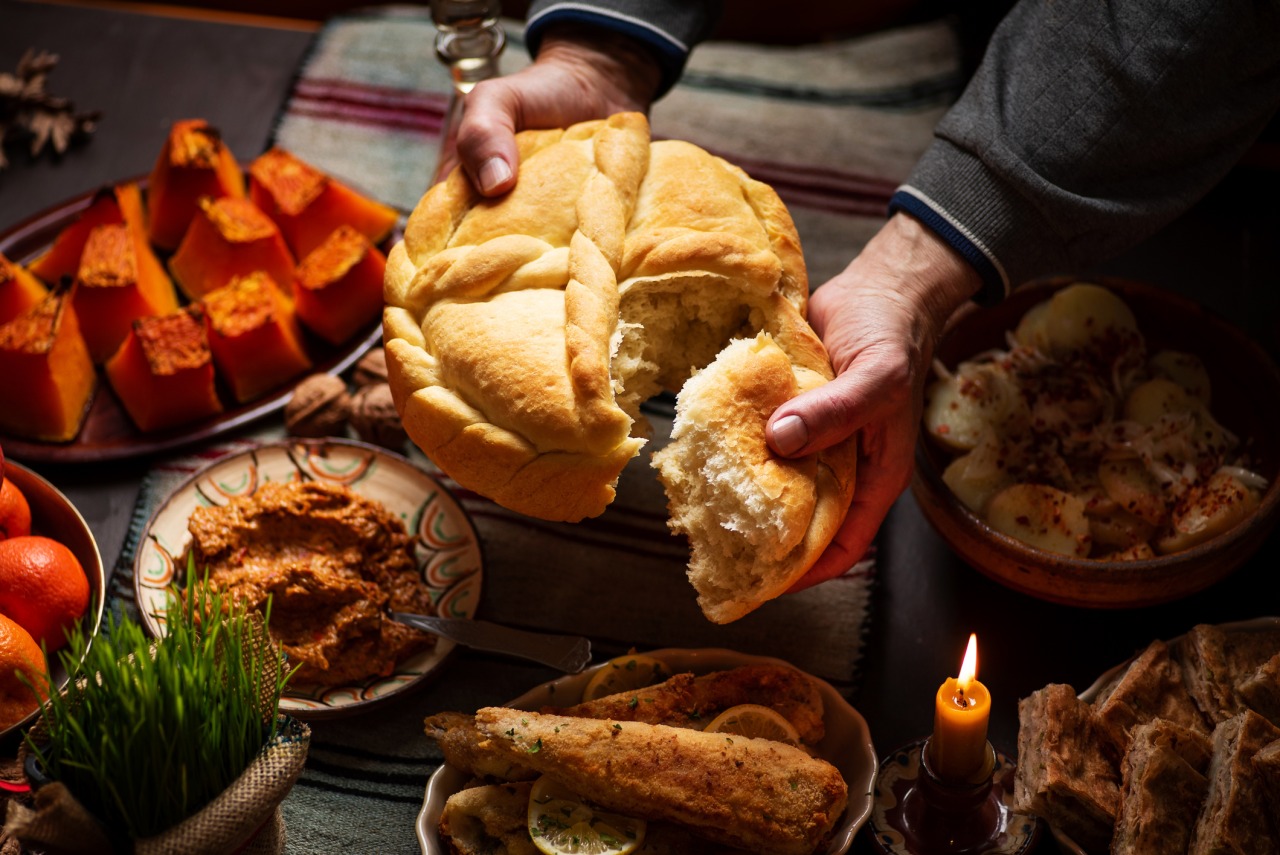
Serbs believe that the celebration of Christmas carries great spiritual importance, and for many, it is a time for deep reflection, reconciliation, and renewal of faith. It is also a time to connect with family and community, reinforcing the strong sense of unity and tradition that is central to Serbian culture.
The Customs Leading Up to Božić
The days leading up to Božić are filled with customs that set the stage for the main celebrations. The Christmas Eve, or Badnji Dan, is one of the most important days in Serbian Christmas tradition.
Badnji Dan – Christmas Eve
Badnji Dan (Christmas Eve) is filled with a blend of religious and folk customs. On this day, Serbs observe a strict fast, refraining from eating meat and dairy, in preparation for the festive feast the next day. Traditionally, the day begins with the cutting and bringing of the badnjak (an oak tree branch or small tree), which symbolizes the warmth and light of Christ’s birth. This ritual is often accompanied by the ceremonial gathering of family members.
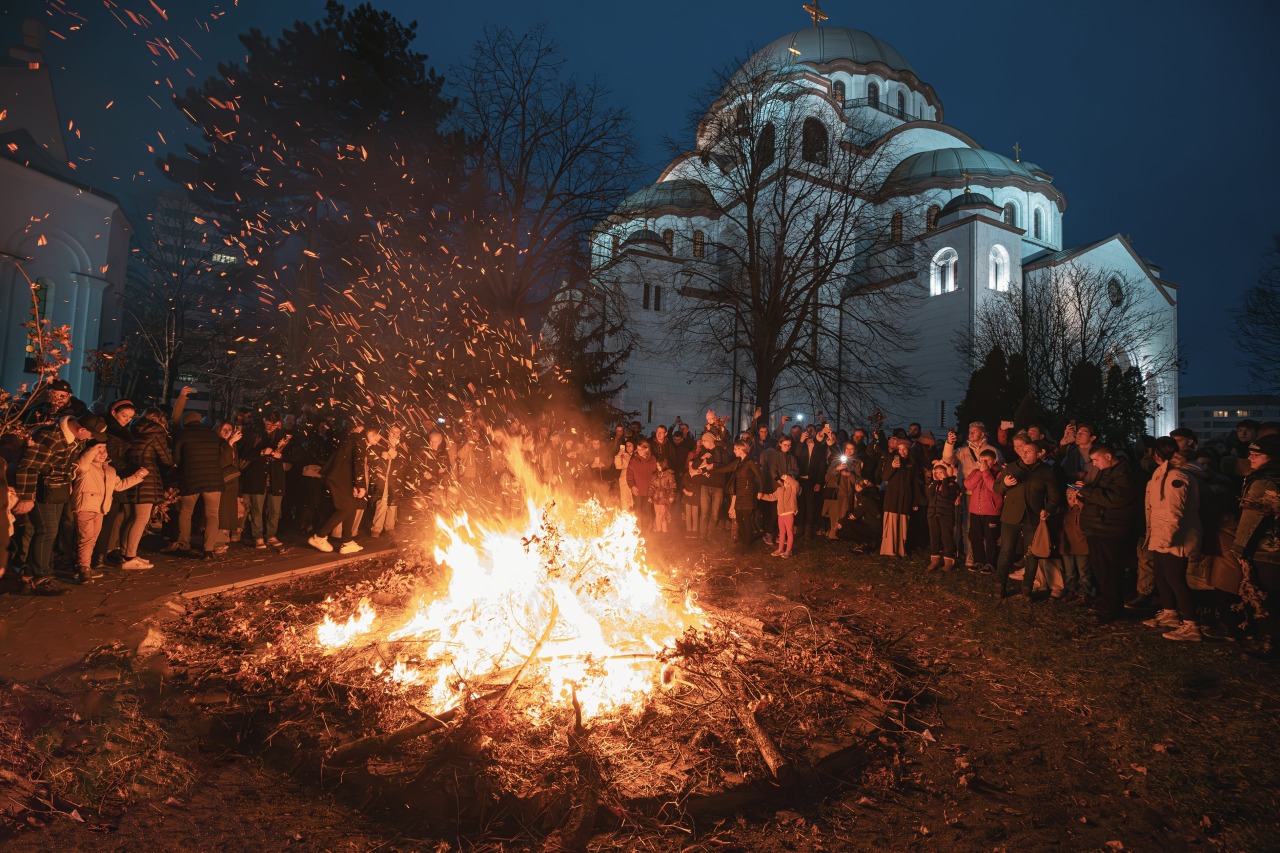
The badnjak is then brought home, where it is placed in the fireplace or yard and ceremonially burned. The burning of the badnjak represents the warmth and joy brought by the birth of Christ. The family gathers around the fire, reciting prayers, singing Christmas carols, and preparing for the feast on the following day.
The evening meal is a family affair, consisting of dishes that align with the fast, such as beans, fish, and bread, all served with the belief that they bring health and prosperity in the coming year. Badnji Dan is also a time for the exchange of blessings, where parents bless their children and elders offer words of wisdom.
Božić – Christmas Day
Christmas Day itself, or Božić, begins with the first light of dawn, marking the celebration of Christ’s birth. In Serbian Orthodox tradition, the day is not just about a festive meal, but also about honoring the family and community. The first visitor to arrive at the home on Christmas Day is known as the Božićni gost (Christmas guest). This person, often a close friend or family member, brings blessings and well-wishes for the upcoming year. It is believed that the Božićni gost brings good fortune and happiness to the home.

The day is marked by an elaborate meal that features roasted meats, bread, and other traditional dishes. One of the most significant dishes is česnica, a round loaf of bread baked with a coin hidden inside. The person who finds the coin is believed to be blessed with good luck and prosperity for the year ahead. The česnica symbolizes unity, and its sharing is a central part of the Božić feast.
After the meal, families often visit the church to light candles and offer prayers, thanking God for the blessings of the past year and asking for His protection in the year to come.
Božić in the Community: A Time for Charity and Togetherness
In Serbia, Božić is not only a time for family but also a time for giving. Charity plays a significant role during the Christmas period, with people reaching out to those less fortunate. Many Serbs participate in various charitable activities, including donating food, clothing, and money to those in need. This generosity is seen as an expression of Christian love and kindness, embodying the spirit of Christmas.
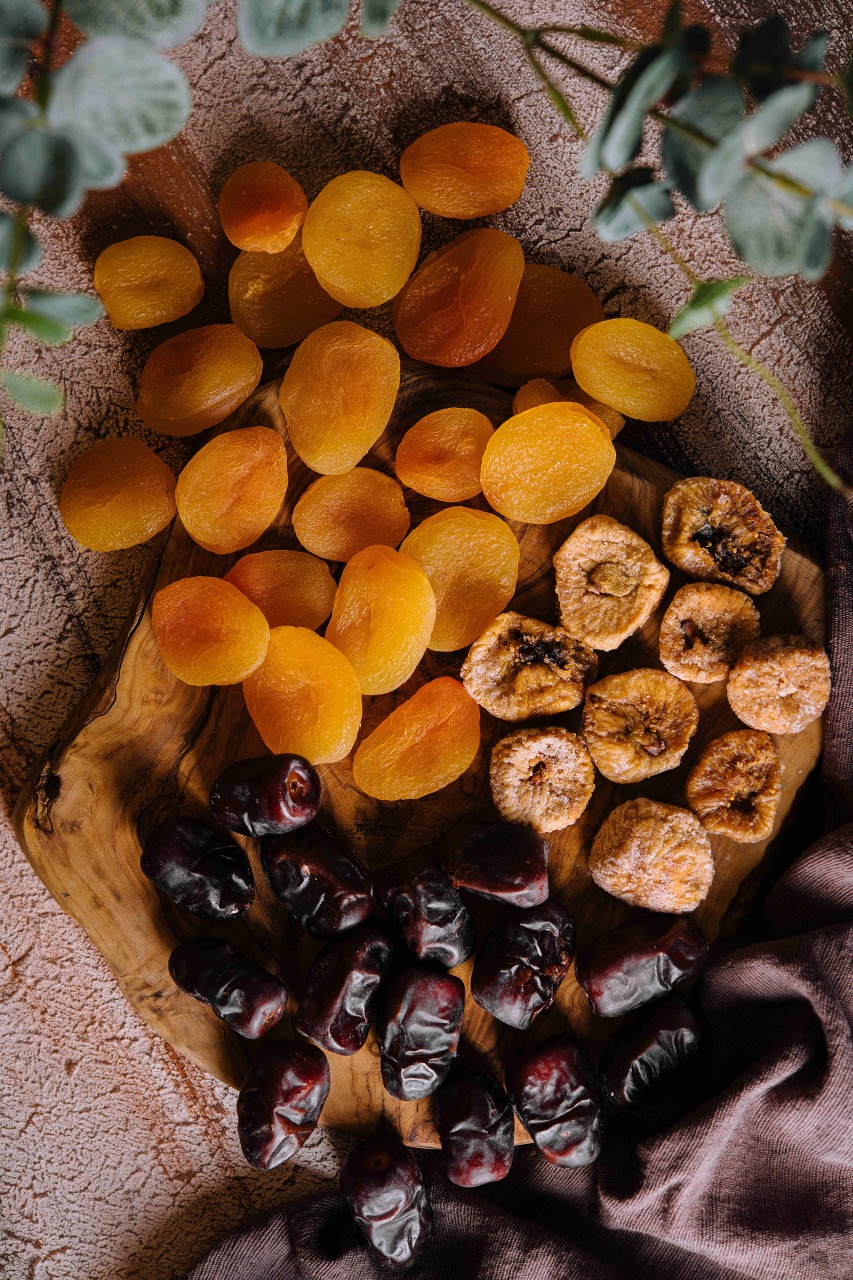
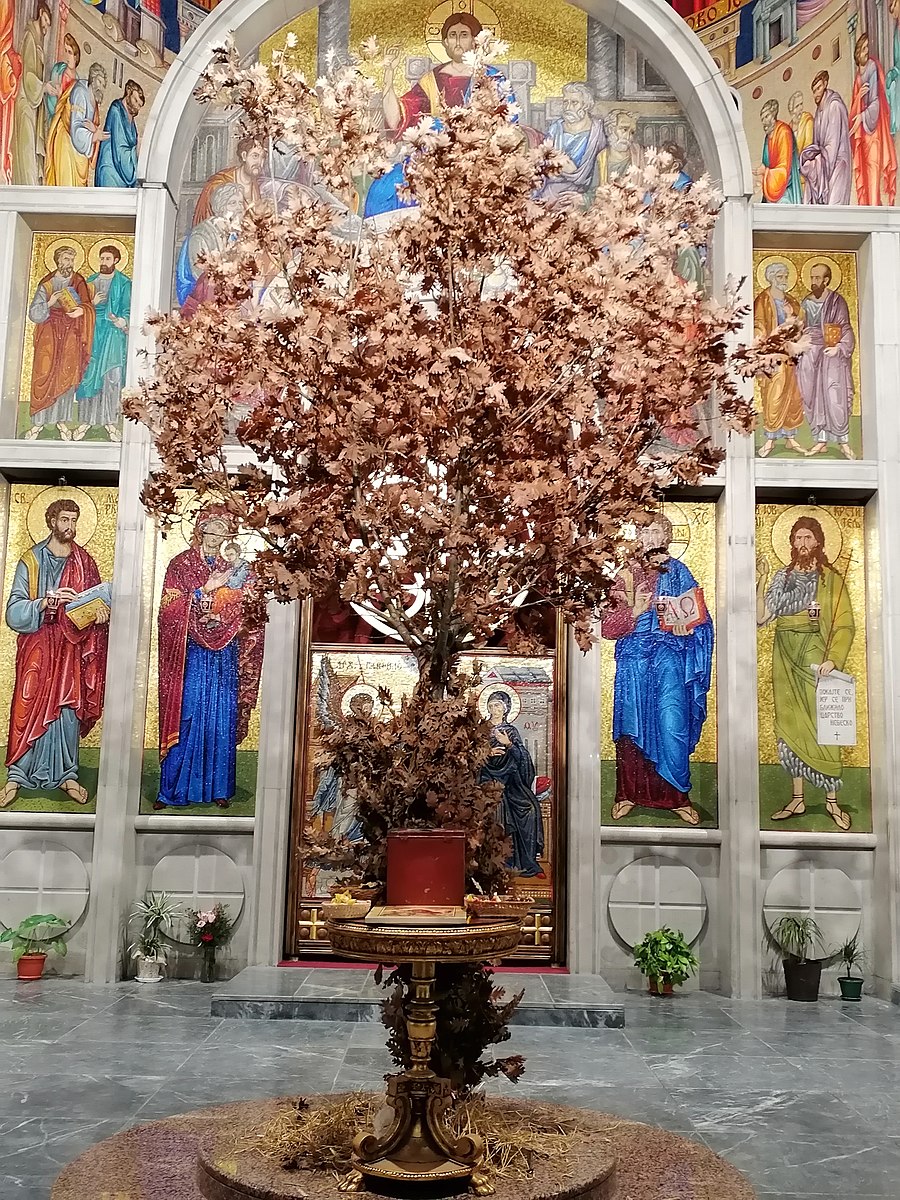
The sense of community is also strengthened through visits and gatherings. On Christmas Day, it is common for neighbors, friends, and extended family members to visit each other’s homes, share in festive meals, and exchange gifts. These social visits are a way to reinforce bonds, spread goodwill, and celebrate the shared joy of the holiday.
The Importance of Family and Unity
At the heart of Božić in Serbia is the importance of family. This is a time when families come together, often traveling long distances to be with loved ones. The meal shared on Christmas Day is not just about the food but about the act of coming together as a family unit. The holiday serves as a reminder of the strength of family ties, the value of unity, and the power of love.
The customs and traditions surrounding Christmas in Serbia have remained largely unchanged for centuries, preserving a deep connection to the nation’s history, faith, and culture. Through its rituals, Božić is a celebration of Christ’s birth, the bond of family, and the enduring values that shape Serbian identity.
Conclusion: A Srećan Božić to All
Whether you’re celebrating with family at home, attending church services, or partaking in the traditional customs of Badnji Dan and Božić, Christmas in Serbia is a time of profound joy, reflection, and unity. It’s a celebration not just of Christ’s birth but of the timeless values that make us all part of a greater community. A Srećan Božić (Merry Christmas) to all those celebrating this beautiful, meaningful holiday in Serbia and around the world!
Related Articles

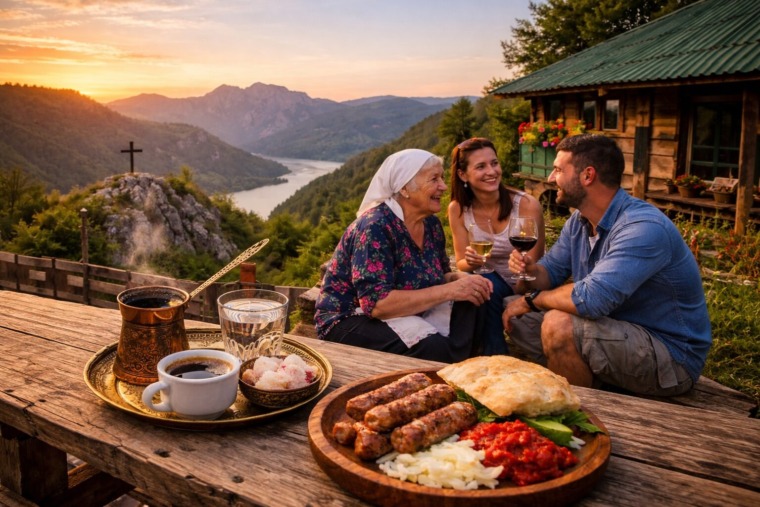
5 Little Things in Serbia That Travelers Never Forget
February 20, 2026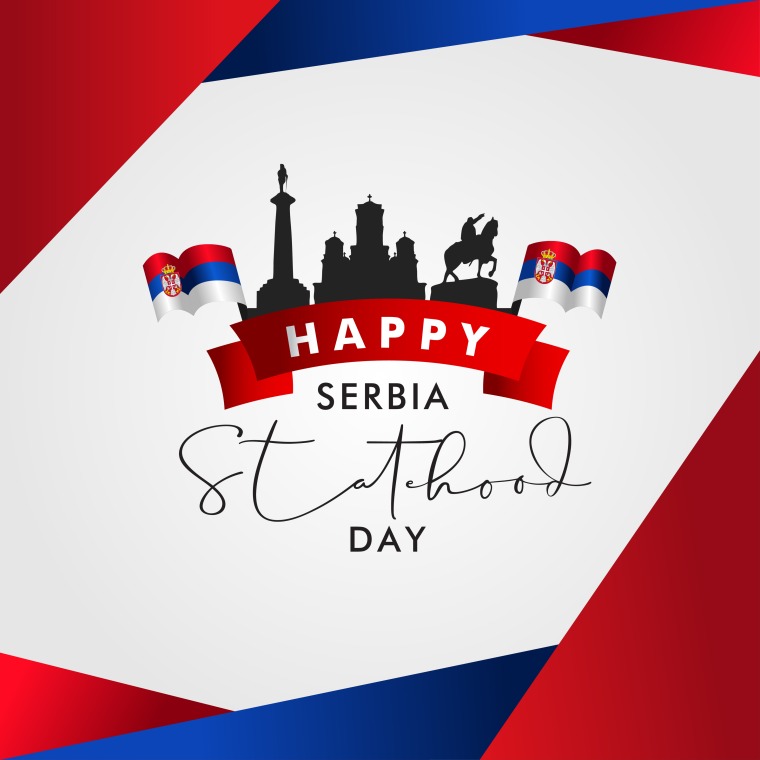
Interesting Facts About Sretenje You May Not Know
February 16, 2026